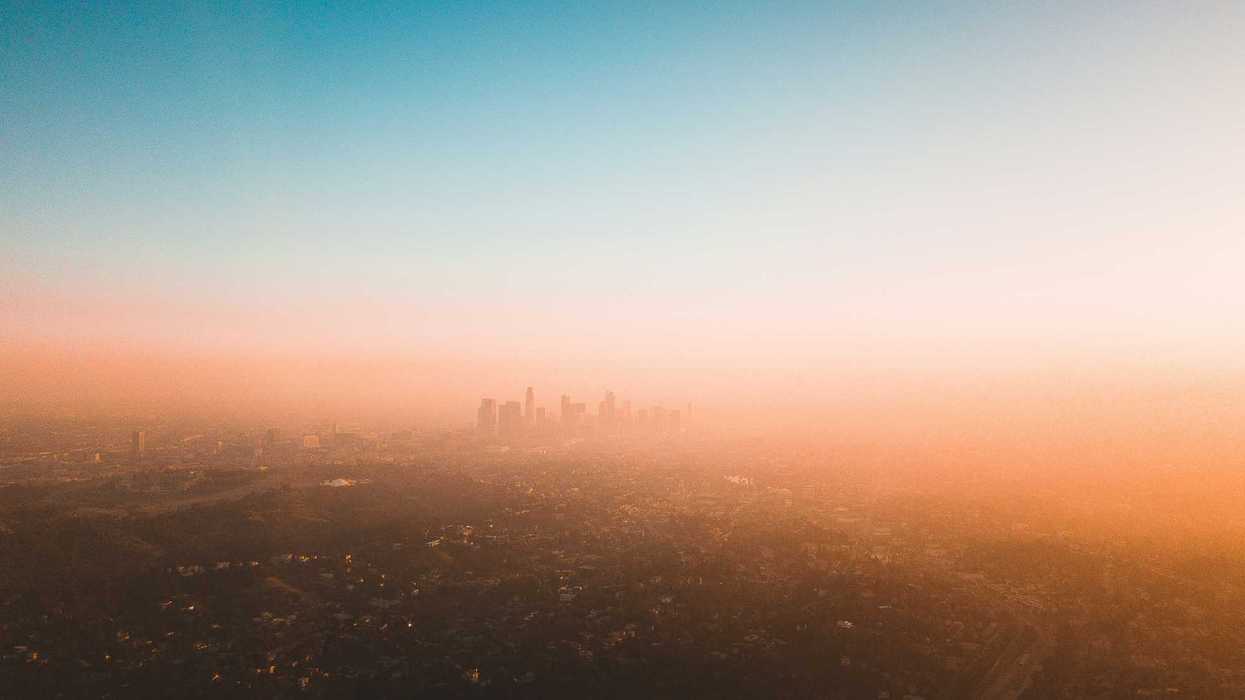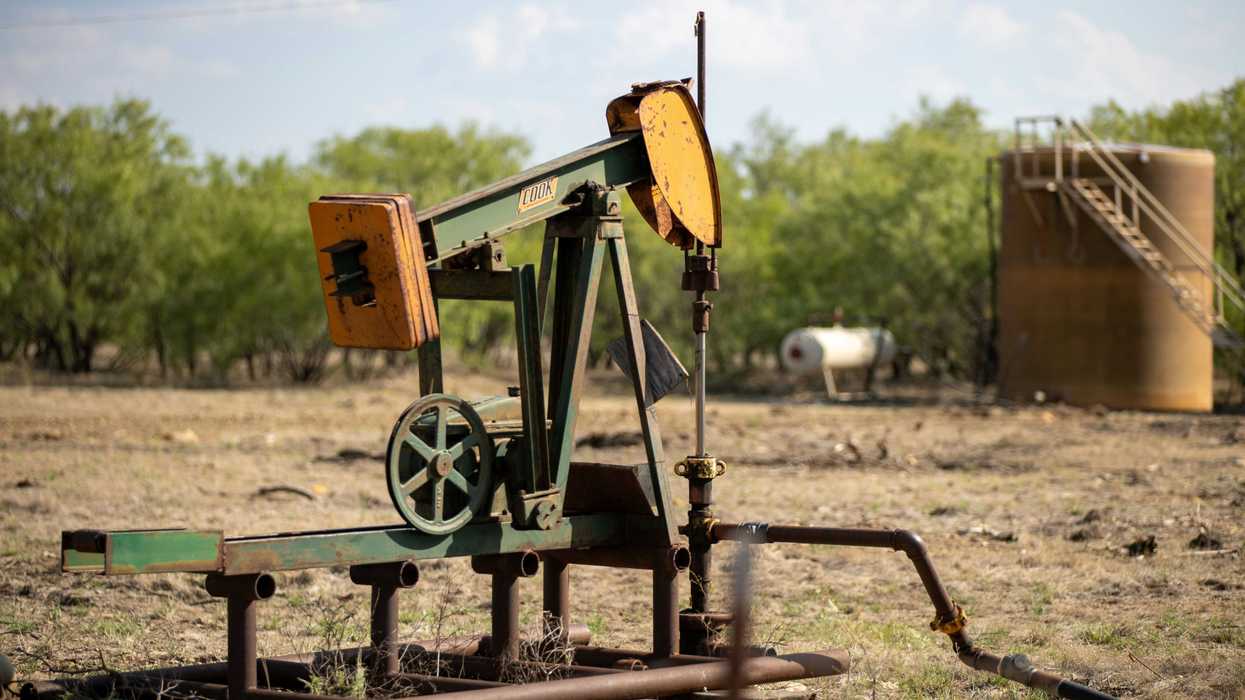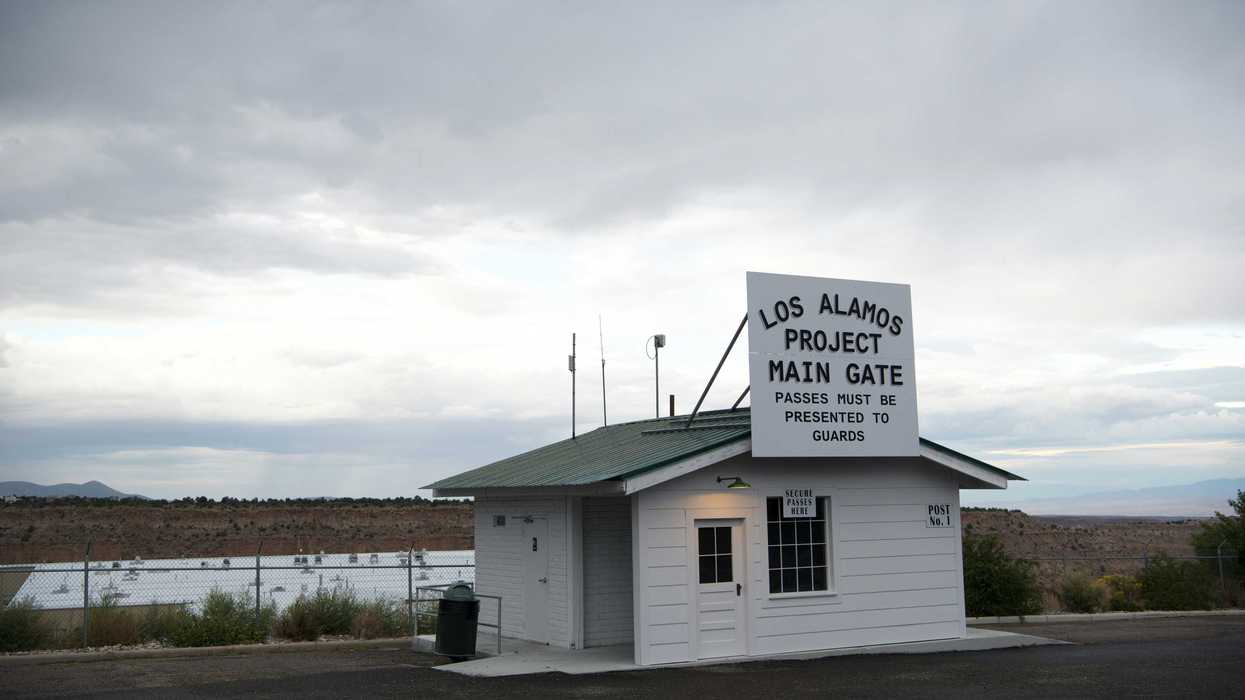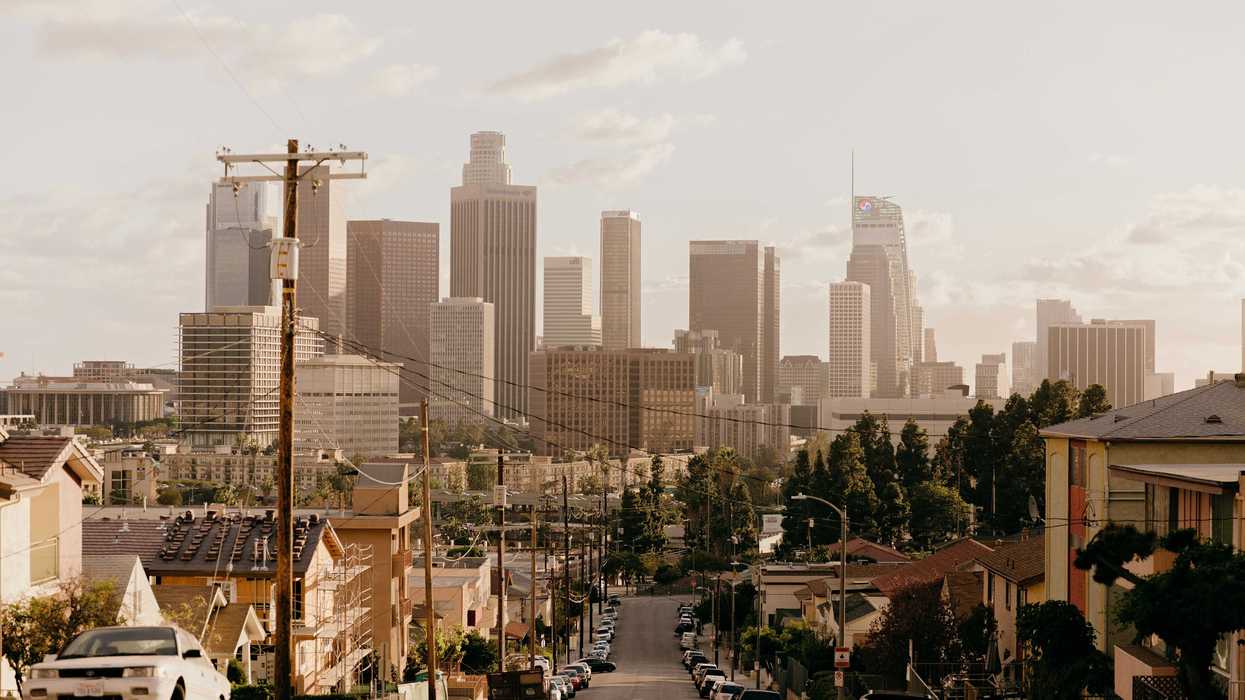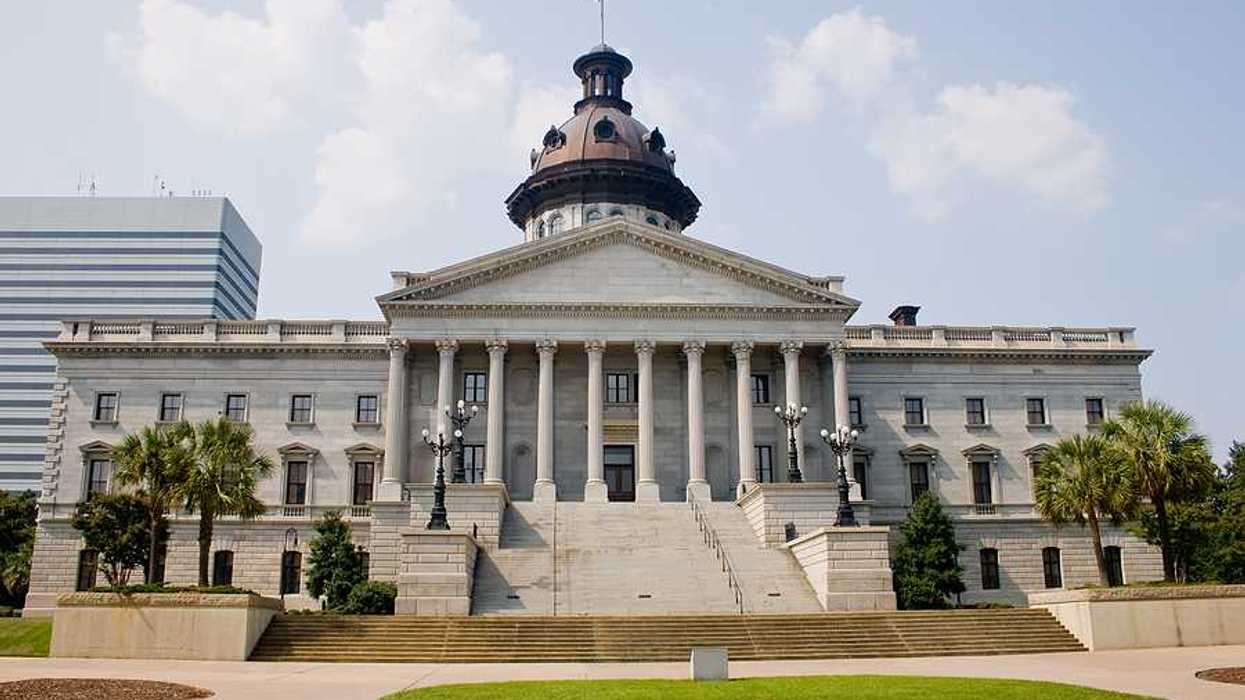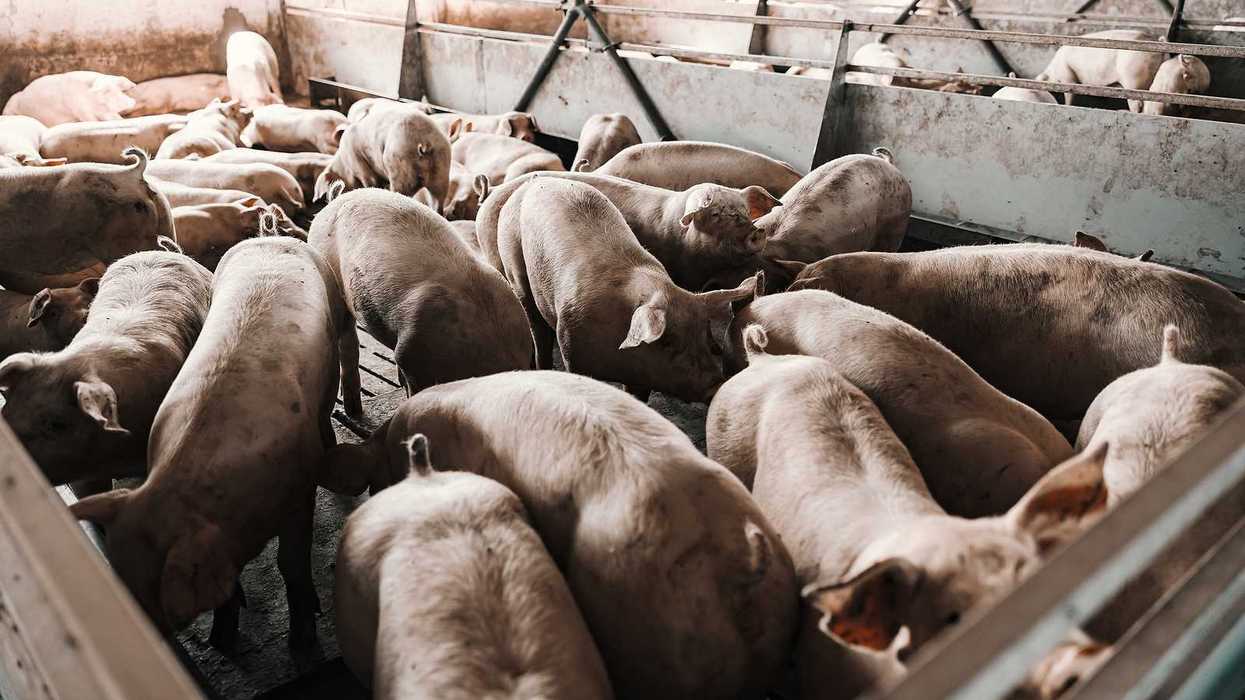Editor's note: Environmental insults and police violence aimed at communities of color are interconnected issues. As the nation grieves over the killing of George Floyd, we are revisiting stories from our newsroom over the past couple years that examine environmental racism in Black communities.
North Birmingham, Alabama, has long been a hotbed of environmental injustice.
But controversy over the cleanup of a more than 1,000-acre toxic Superfund took a disturbing turn in late 2018 when it became public that a wide-ranging bribery scandal included a state representative, a partner in a heavyweight law firm, the top lobbyist for Drummond Coal, the head of the local NAACP chapter, and the EPA's Southeast regional administrator.
The whole scandal was born of a campaign to avoid cleaning up toxics that have tainted communities for decades.
"They need to be jailed, and jail ain't good enough for them," Charlie Powell, who grew up in the area and now leads a group called People Against Neighborhood Industrial Contamination (PANIC), told EHN. "They got paid, and we're still dying."
Read the two part series from reporter Matt Smith below.
Pollution, prejudice and profiteering politicians in Birmingham, Alabama

Charlie Powell (Credit: Matt Smith)
Banner photo: Mural in Birmingham, Alabama. Credit: Dystopos/flickr)
"Communities have been asking for this for the last four decades"
A sprawling oil refinery that processes dirty Canadian tar sands, two aging steel plants, a coke battery plant that converts coal into fuel for steel furnaces, and a coal burning power plant are among the facilities that belch a daily stew of toxic air pollutants into the air in a predominantly Black community in Detroit.
The community is 82 percent Black and has a median household income of $24,000, which is 35 percent lower than the state of Michigan's average. Roughly 44 percent of people live below the poverty line in 48217, according to the latest U.S. Census data, compared to 14 percent for the state of Michigan.
Residents suffer from high rates of asthma, cancer and respiratory illnesses, and a constant encroachment by industry that's left elementary schools and senior centers on the oil refinery's fence line.
"Our health is being diminished; our property values are going down. We are casualties of America's greed."
Read the full story from reporter Meg Wilcox below.
The “original sin” of air quality regulations is keeping communities polluted. But that’s changing.

Detroit community activist Delores Leonard. (Credit: Adam Reinhardt)
Toxic resiliency: "What if the traumatic event didn't have to happen?"
When Hurricane Florence tore through North Carolina in September 2018, the loss was tremendous. But as the people throughout the state picked up the pieces in wake of the storm, folks in the small community of New Bern has "nothing to pick up," wrote reporter Lewis is Wallace.
Wallace visited the community for EHN and found that many in the largely Black community were being forced from their public housing homes and were becoming part of the first wave of climate migrants in the U.S.—people selectively displaced by increasingly frequent storms and floods, moved because they can't afford to stay.
"As people of color, as Black folk we talk a lot about our resiliency, about our ability to bounce back from disasters, whether that's a natural disaster like Florence, or a human disaster like white supremacy and racism. But what if the traumatic event didn't have to happen?" —Omisade Burney-Scott
Read or listen to the stories of New Bern residents below.
Nowhere to go in New Bern: Climate catastrophe spurs migrants in US South

Victor, who shines shoes downtown for work, was "squatting" in his own town house at Trent Court in New Bern, North Carolina. (Credit: Lewis Raven Wallace)




